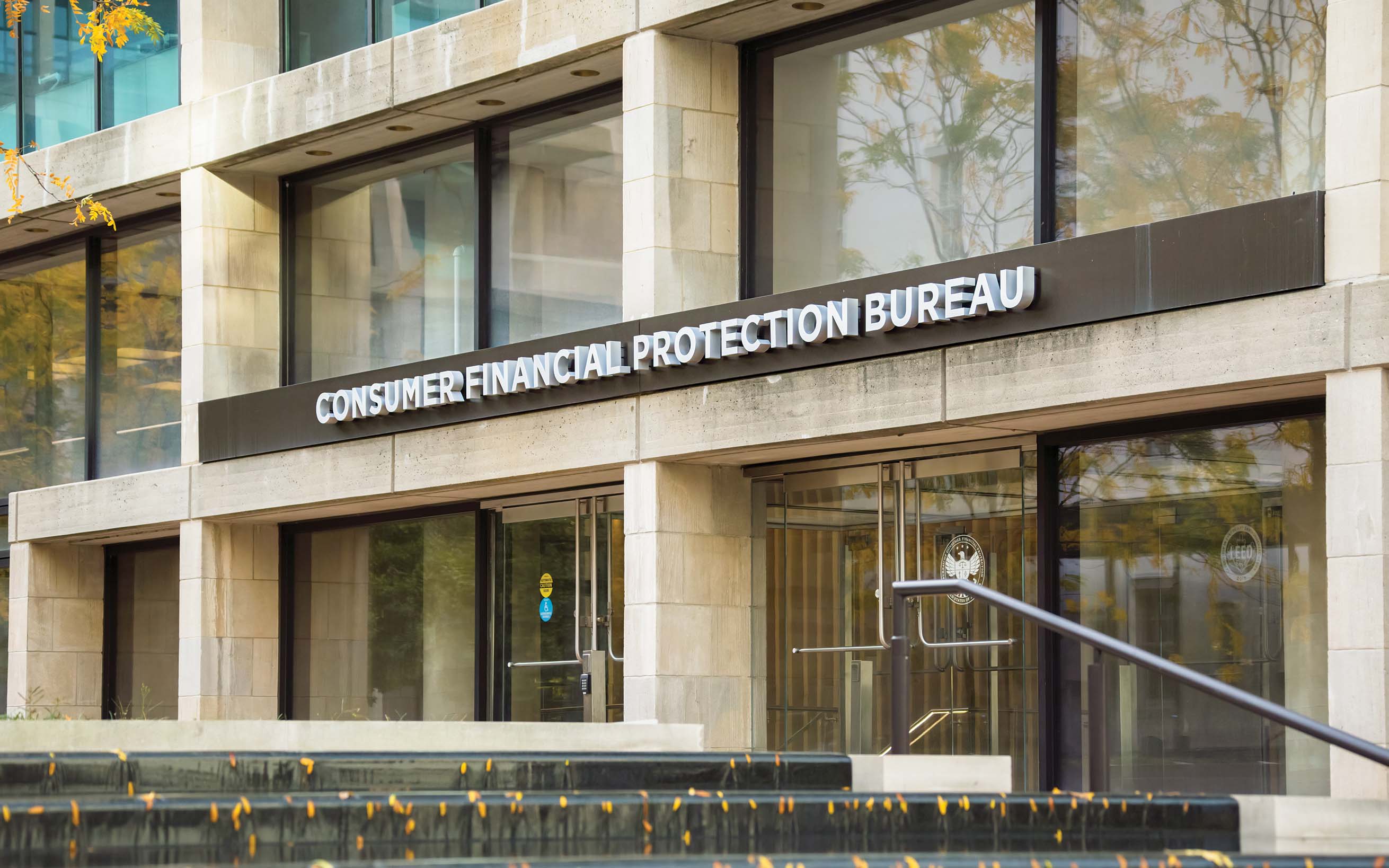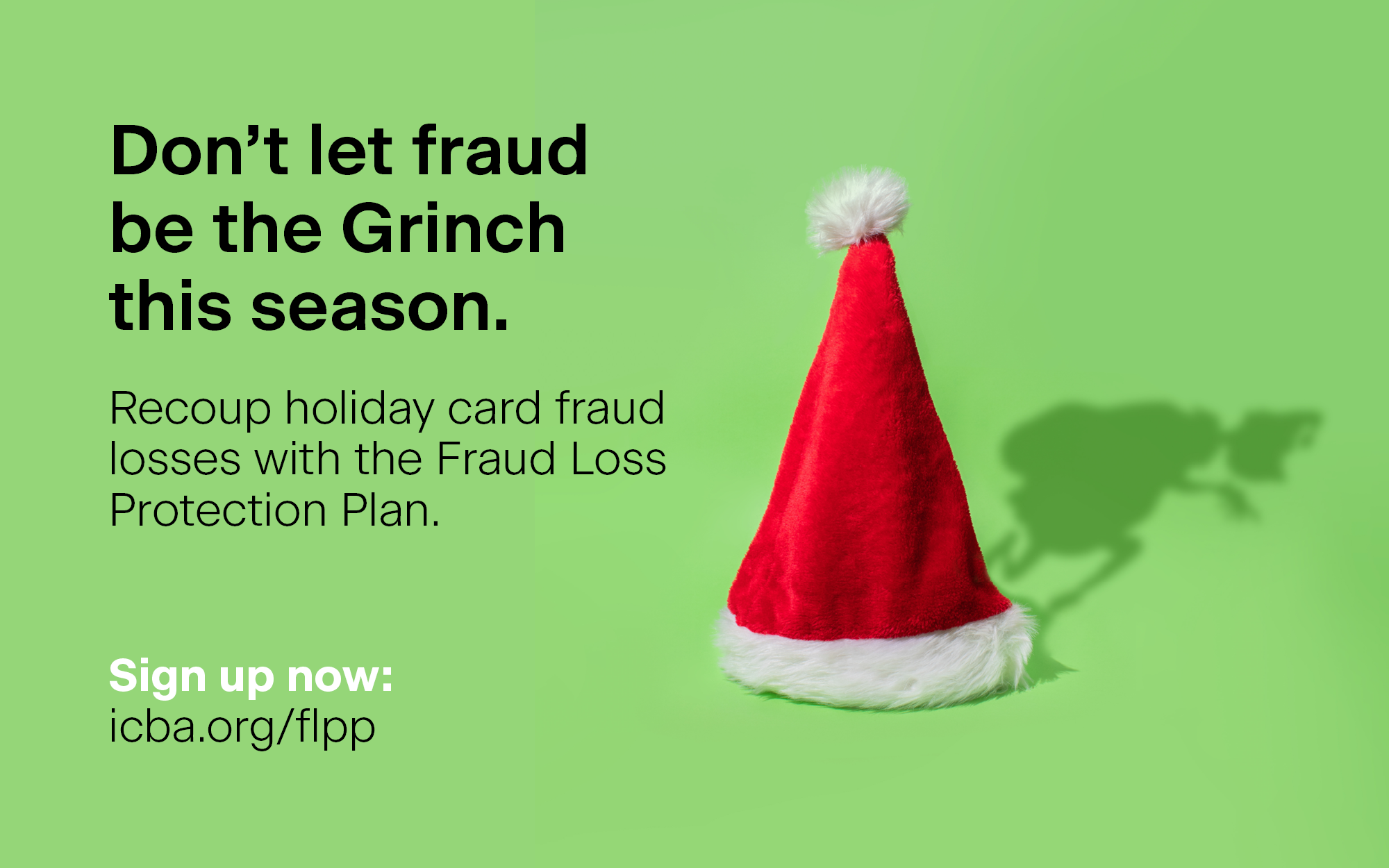Check re-presentment fees have resulted in violations of Section 5 of the FTC Act for some banks. Will updated guidance from the federal regulators make things clearer?
Update: Check Re-Presentment Guidance
March 13, 2024 / By Mary Thorson Wright
Check re-presentment fees have resulted in violations of Section 5 of the FTC Act for some banks. Will updated guidance from the federal regulators make things clearer?
Check re-presentment has been a topic in play for some time, and that has now resulted in some divergence among the federal bank regulatory agencies.
Check re-presentment is when a merchant presents a check more than once after rejection where the funds are not sufficient for payment. Each time that the check gets denied, a bank may charge a fee. These fees have been deemed a violation of Section 5 of the Federal Trade Commission (FTC) Act that prohibits unfair or deceptive acts practices (UDAP).
In August 2022, the Federal Deposit Insurance Corporation (FDIC) issued guidance about the consumer compliance risks associated with assessing nonsufficient funds fees (NSF) for re-presentment of the same unpaid transaction. It included the FDIC’s concerns that consumer compliance risk could stem from a bank’s failure to comply with the Federal Trade Commission Act and UDAP.
“The FDIC pivoted slightly with the revised guidance and clarified that they would no longer require a lookback and restitution unless there is evidence of a UDAP violation.”—Rhonda Thomas Whitley, ICBA
Action on check re-presentment
In June 2023, following the urging of ICBA leadership community bankers and staff, the FDIC issued revised guidance applicable to all FDIC‑supervised financial institutions. The revised guidance reflects the FDIC’s current supervisory approach to not request that an institution conduct a lookback review without a likelihood of substantial consumer harm.
“The FDIC pivoted slightly with the revised guidance and clarified that they would no longer require a lookback and restitution unless there is evidence of a UDAP violation,” explains Rhonda Thomas Whitley, ICBA senior vice president and senior regulatory counsel.
The primary change appears in footnote four to the June 2023 guidance. The FDIC suggested risk mitigation practices mainly based on those examiners have observed at financial institutions, including a review of current practices and disclosures for charging NSF fees for re-presented transactions, eliminating NSF fees, and clearly and conspicuously disclosing the amount of NSF fees.
In April 2023, the Office of the Comptroller of the Currency (OCC) issued OCC Bulletin 2023-12, “Overdraft Protection Programs.” It provides guidance to address the risks associated with bank overdraft protection programs, including assessing overdraft fees on re‑presented items.
The OCC encourages banks to ensure that consumer disclosures “effectively convey policies and practices related to accounts and products offered to consumers via transparent, understandable and timely communication of account features.” It also encourages banks to incorporate overdraft and re‑presentment fee complaints in their complaint management and resolution processes. It further encourages banks to consider a single daily fee assessment reasonably related to the costs of providing overdraft protection or NSF services, rather than multiple NSF fees on re‑presentments.
Whitley adds, “ICBA also met with the OCC to share our concerns about the re-presentment issue. While the OCC has not issued further guidance, it appears their approach in the field has been reasonable.”
The FRB’s take on re-presentment
In September 2023, the Federal Reserve Board (FRB) issued its guidance on re-presentment fees in its Consumer Compliance Outlook. In it, the FRB reiterated concerns previously stated by the FDIC and OCC.
It also offered methods it has seen financial institutions use to mitigate UDAP risk related to assessing fees on re-presented transactions, including refraining from charging fees on re-presented items after the item has been initially presented and declined for payment. The guidance was silent on lookbacks and restitution.
According to Whitley, when ICBA met with the FRB, the agency representatives shared that examiners had seen evidence of UDAP violations. She adds that anecdotal information at the time when guidance was released indicated that FRB field examination supervisors had advised banks that if fees for re-presented items are identified, the FRB would cite a UDAP violation, which appears contrary to the FRB guidance. However, at the time of this writing, the FRB has not issued any further guidance on this matter.
Finding consistency
While the agencies’ respective guidance on practices and fees for re-presented items is similar, it is not as consistent as interagency rules and guidance on other regulatory requirements. At the time of this writing, there was no silver bullet to ensure community banks can protect themselves from violations related to re-presentment.
“Up to this point, what we’ve seen is regulatory guidance on re-presentment that varies widely among the federal bank regulatory agencies,” says Whitley. “While some guidance emphasizes updating disclosures, others point to potential violations despite updated disclosures. Community banks should watch this carefully.”
She notes that core service providers must be part of the solution, but many have not yet developed remedies to fully address check re‑presentment. These remedies could include managing the actions taken on re-presented items, the ability to inhibit fees after the first presentment of a particular item, or the capability to capture lookback data to determine the extent of potential issues.
Community banks should reach out to local representatives of their primary federal bank regulatory agency to confirm their implementation of published guidance, potential shifts in policy and any anecdotal information available from the field.
More from ICBA
The ICBA Compliance Vault is available free to all ICBA member banks. It’s a search tool that helps you find answers to your regulatory compliance questions, with access to over 2,500 Q&As, select eLearning courses, and documents. icba.org/compliance
Subscribe now
Sign up for the Independent Banker newsletter to receive twice-monthly emails about new issues and must-read content you might have missed.
Sponsored Content
Featured Webinars
Join ICBA Community
Interested in discussing this and other topics? Network with and learn from your peers with the app designed for community bankers.
Subscribe Today
Sign up for Independent Banker eNews to receive twice-monthly emails that alert you when a new issue drops and highlight must-read content you might have missed.
News Watch Today

Join the Conversation with ICBA Community
ICBA Community is an online platform led by community bankers to foster connections, collaborations, and discussions on industry news, best practices, and regulations, while promoting networking, mentorship, and member feedback to guide future initiatives.













